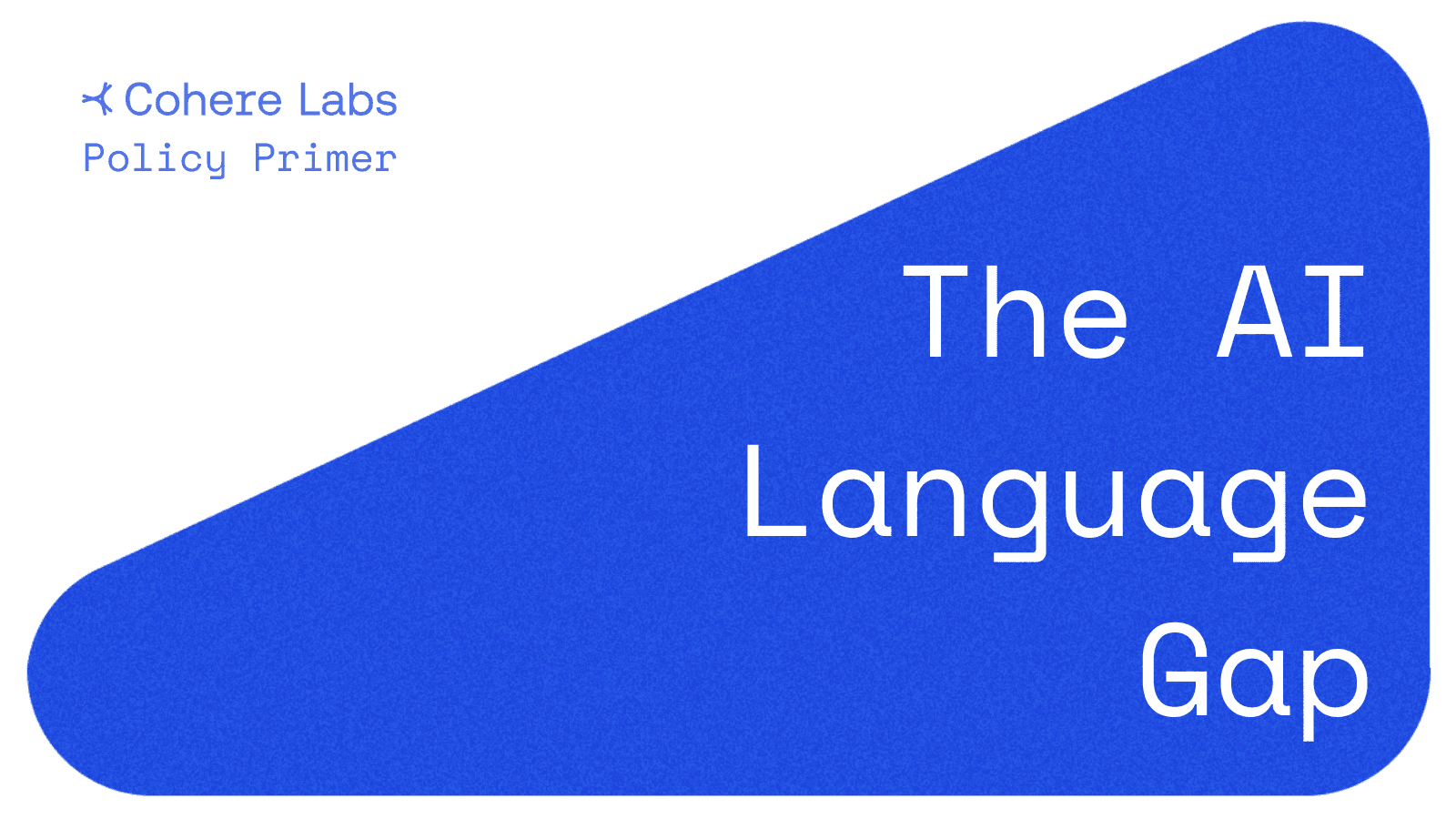Jun 12, 2023
Evaluating the Social Impact of Generative AI Systems in Systems and Society
How do we benchmark the social impact of generative systems? This cross-institutional research collaboration provides a guide to evaluating the social impact of Generative AI Systems.

Authors
Irene Solaiman, Zeerak Talat, William Agnew, Lama Ahmad, Dylan Baker, Su Lin Blodgett, Hal Daumé III, Jesse Dodge, Ellie Evans, Sara Hooker, Yacine Jernite, Alexandra Sasha Luccioni, Alberto Lusoli, Margaret Mitchell, Jessica Newman, Marie-Therese Png, Andrew Strait, Apostol Vassilev
Abstract
Generative AI systems across modalities, ranging from text, image, audio, and video, have broad social impacts, but there exists no official standard for means of evaluating those impacts and which impacts should be evaluated. We move toward a standard approach in evaluating a generative AI system for any modality, in two overarching categories: what is able to be evaluated in a base system that has no predetermined application and what is able to be evaluated in society. We describe specific social impact categories and how to approach and conduct evaluations in the base technical system, then in people and society. Our framework for a base system defines seven categories of social impact: bias, stereotypes, and representational harms; cultural values and sensitive content; disparate performance; privacy and data protection; financial costs; environmental costs; and data and content moderation labor costs. Suggested methods for evaluation apply to all modalities and analyses of the limitations of existing evaluations serve as a starting point for necessary investment in future evaluations. We offer five overarching categories for what is able to be evaluated in society, each with their own subcategories: trustworthiness and autonomy; inequality, marginalization, and violence; concentration of authority; labor and creativity; and ecosystem and environment. Each subcategory includes recommendations for mitigating harm. We are concurrently crafting an evaluation repository for the AI research community to contribute existing evaluations along the given categories. This version will be updated following a CRAFT session at ACM FAccT 2023.
Related works


